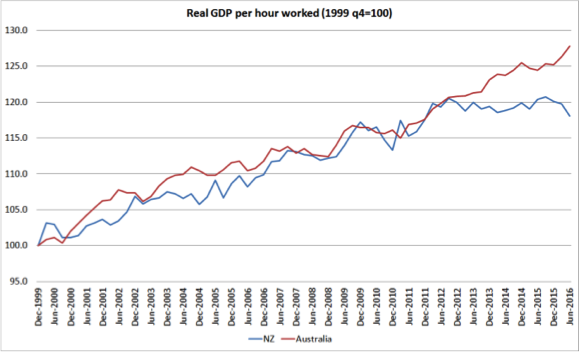
It’s perfectly natural to look towards the top of any organisation to find examples of good leadership; the ranks of Prime Ministers, Presidents and CEOs ought to offer lots of exemplars. After all, as the adage has it, cream always rises to the top. The problem, however, is that there are many things besides cream that float. And in many organisations people at the top arrived there on the basis of their ability to navigate the hierarchy and play politics more than their ability to lead. That’s because human groups have a natural tendency to elect self-centered, overconfident and narcissistic individuals as leaders.
Which isn’t to say leaders aren’t important. One analysis found up to 23% of the variance in firm performance was due to the CEO, while the industry sector accounts for only 19% in performance variation. So choosing who is in charges is as consequential as deciding whether to sell pharmaceuticals, chilli sauce, or underwear.
Want to find out how effective your leadership team is? Find ways to improve performance with a Winsborough Senior Team Analysis. Find out more here.
So on that basis, we can look at the collective performance of our country as an indicator of how good NZ CEOs are. And although we are a developed nation, we are lagging our trading partners and competitors. If NZ was a rugby team, the Aussies would be thrashing us:

Previously we have argued NZ CEOs underperform compared to their global colleagues because they are less driven to win big, and prefer to create soft, non-commercial cultures. So what cold they do better? In reality, there are only four things to do better.
Firstly, leadership is a resource for the group, and effective leaders enable a group to outperform other groups. The hallmark of an effective CEO is competence and an unflinching adherence to measuring performance, and to not fudging the results. A recent study showed that CEO personality impacted cash flows, investment choices and performance, and that better CEOs hold others to account.
Secondly the best leaders have integrity, which enables them to create a fair and just culture in their teams and organizations. CEO personality impacts the culture of the firm, and if anyone doubts that, consider Marissa Meyer and Yahoo. Effective leaders are generally more emotionally intelligent, which enables them to stay calm under pressure and have better people skills. On the other hand, narcissistic leaders are more prone to behaving in unethical ways, which is likely to harm their teams.
Thirdly, good CEOs want their followers to be successful and can create a vision or sense of meaning. They are in tune with staff; when people’s values are closely aligned with the values of the organization (and leadership), they will experience higher levels of fit and purpose.
Finally, the best CEOs display humility and an interest in their own development. The peculiarities of the role mean that followers defer to leaders and tell them what they want to hear. Technical brilliance can coexist a wide range of undesirable and toxic outcomes. This is just one reason why it is so important for coaching interventions to help them stay grounded.
Want to find out how your leadership stacks up to others in New Zealand? Become involved in the Winsborough New Zealand Leadership Survey to discover which qualities make our leaders effective. Find out more here.
